Temple Street cover all the angles to reduce food waste

This case study outlines the improvements made by Temple Street Children’s University Hospital in managing their food waste during their involvement in the Green Healthcare Programme.
Commercial Food Waste Research Report
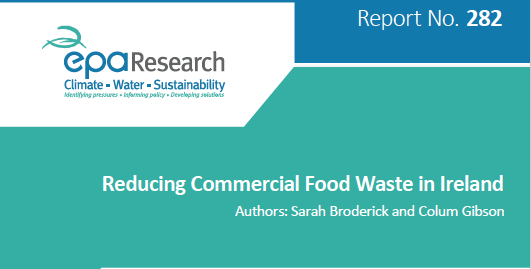
This research project, which was carried out by the Clean Technology Centre (CIT) and funded by the EPA Research Programme, examined the main food waste producing commercial sectors in Ireland. With over 50 food waste surveys carried out in food service and food retail businesses, a series of sectoral food waste profiles, benchmarks and food waste cost factors were developed.
Less Food Waste More Profit
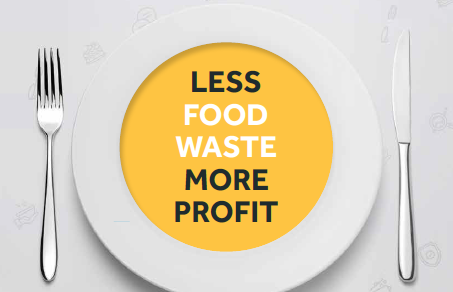
This updated version of Less Food Waste, More Profit aims to inform people within the food service industry of the significant issue of food waste and the potential solutions. Originally published in 2010, it has been updated based on work conducted by the Clean Technology Centre (CIT) on the EPA funded research project ‘Reducing Commercial Food Waste in Ireland’.
Food Waste in Hotels – Daily Service
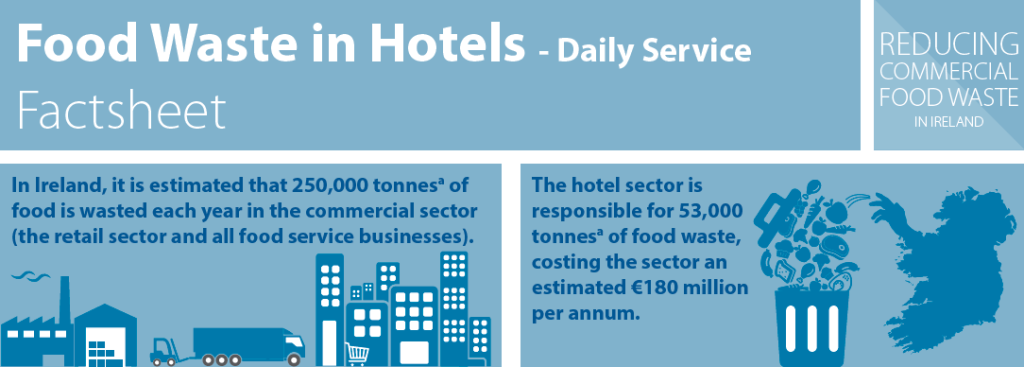
The hotel sector is responsible for 53,000 tonnes of food waste, costing the sector an estimated €180 million per annum. Hotels have to balance the expectation that cooked food is always available to guests while also trying to
keep waste and costs down. Not an easy task.
Food Waste in Hotels – Functions
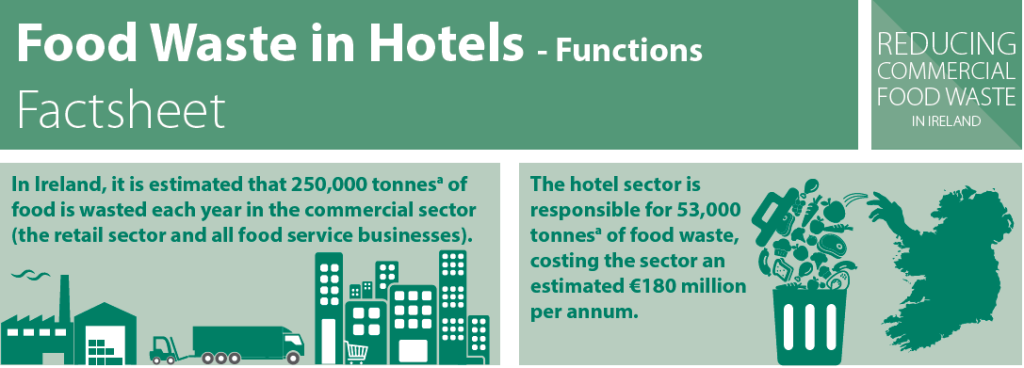
The hotel sector is responsible for 53,000 tonnes of food waste, costing the sector an estimated €180 million per annum. More often than not, function numbers are known, but balancing a good customer experience while keeping waste and costs down needs close attention. A good experience doesn’t have to mean lots of food waste.
Food Waste in Full Service Restaurants
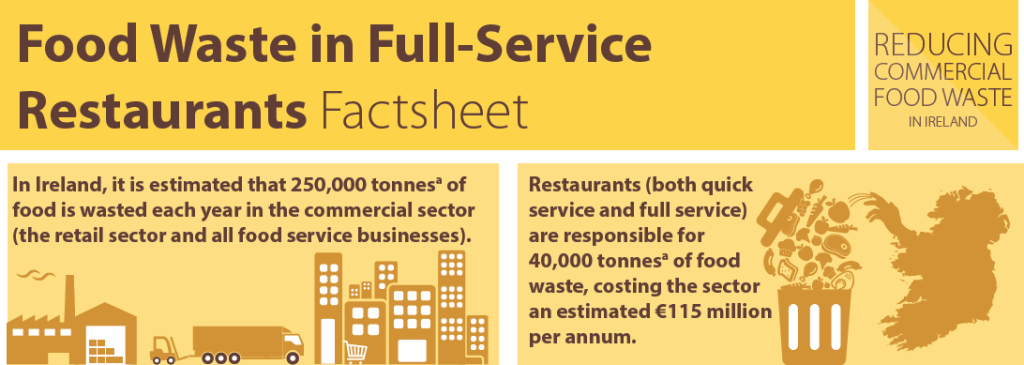
Restaurants (both quickservice and full-service) are responsible for 40,000 tonnes of food waste, costing the sector an estimated €115 million per annum. Reducing food waste is an excellent opportunity to improve gross profit and can be done without affecting customer experience.
Food Waste in Canteens
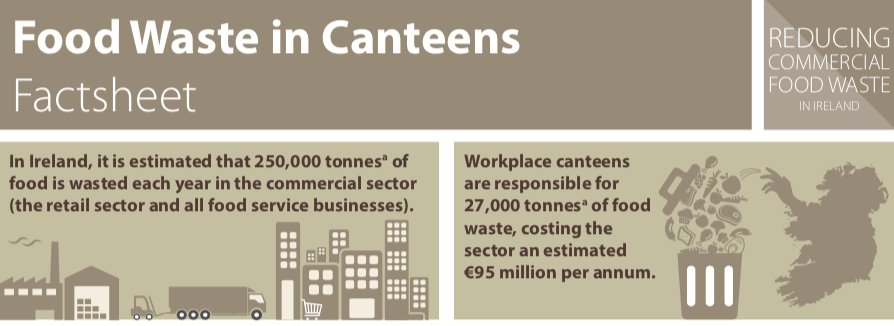
Workplace canteens are responsible for 27,000 tonnes of food waste, costing the sector an estimated €95 million per annum. Tight margins and low price points in this sector make reducing food waste an excellent opportunity to improve gross profit. It is also an area worthy of CSR initiatives.
Food Waste in Quick Service Restaurants

Restaurants (both quickservice and full-service) are responsible for 40,000 tonnesa of food waste, costing the sector an estimated €115 million per annum. Tight margins and low price points in this sector make reducing food waste an excellent opportunity to improve gross profit.
Food Waste = Money Waste
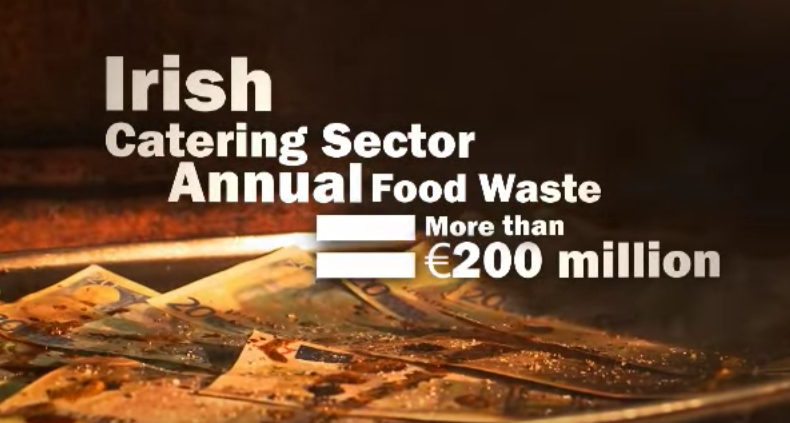
Prevent food waste at source, less food waste = more profit
